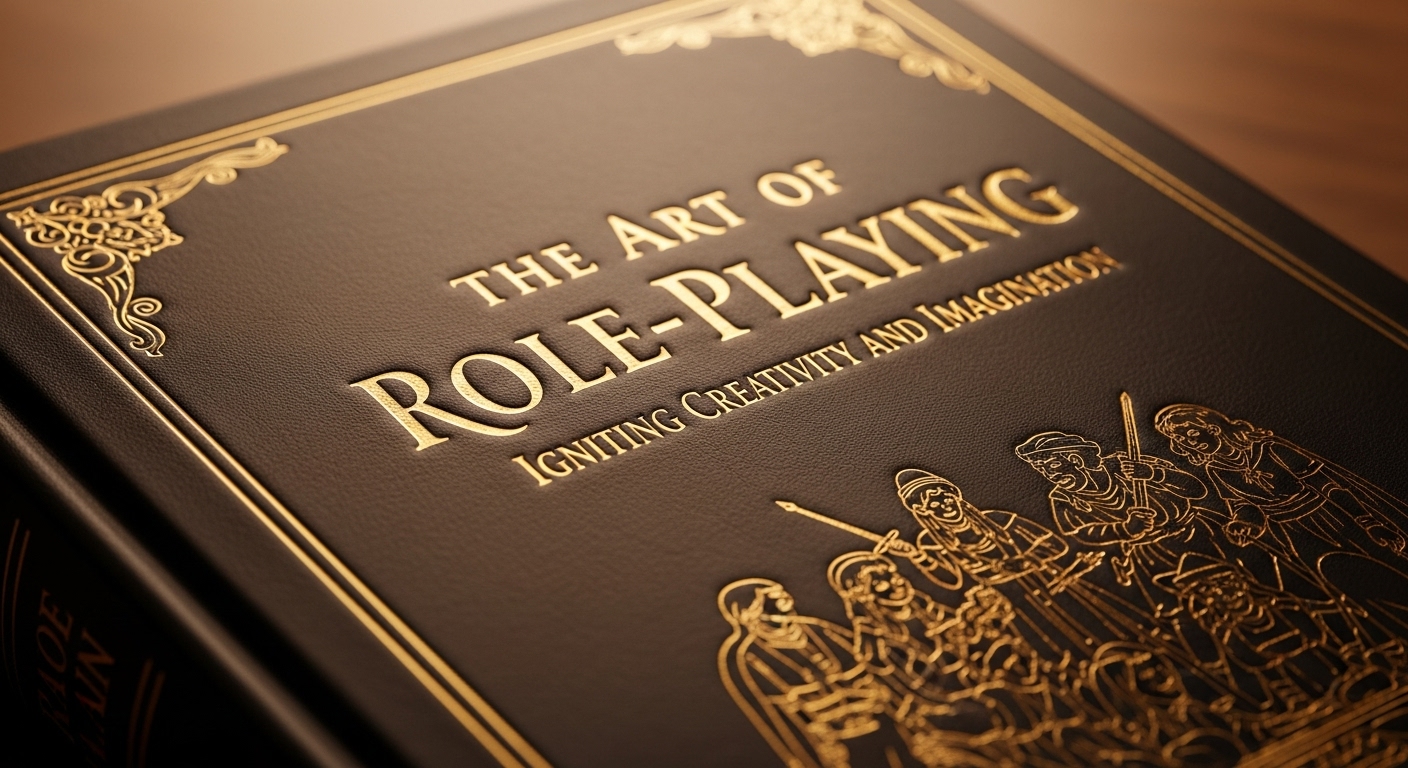Role-Playing: Exploring the Art of Imagination and Creativity
Role-playing is a fascinating form of interactive storytelling that has captivated people of all ages and backgrounds for centuries. Whether it’s stepping into the shoes of a medieval knight, a futuristic space explorer, or a detective solving a crime, role-playing allows individuals to immerse themselves in imaginative worlds and characters, sparking creativity, empathy, and collaboration. In this blog post, we will delve into the history, significance, applications, and future trends of role-playing, shedding light on the diverse and dynamic nature of this engaging activity.
History of Role-Playing
The roots of role-playing can be traced back to ancient times when storytelling served as a means of entertainment and education. In cultures around the world, oral traditions and theatrical performances allowed individuals to inhabit different personas and explore various narratives. The modern concept of role-playing games (RPGs) emerged in the 1970s with the creation of games like Dungeons & Dragons, which popularized the idea of collaborative storytelling with structured rules and character development. Since then, role-playing has evolved into a vibrant subculture encompassing tabletop games, live-action role-playing (LARP), online role-playing games (MMORPGs), and more.
Significance of Role-Playing
Role-playing offers a multitude of benefits beyond mere entertainment. By assuming the roles of fictional characters, participants can develop their creativity, problem-solving skills, and empathy. Playing out scenarios from different perspectives can enhance one’s ability to understand complex situations and communicate effectively with others. Role-playing also provides a safe space for individuals to explore their identities, try out new personality traits, and build confidence in a supportive environment. Additionally, the collaborative nature of many role-playing experiences fosters teamwork, cooperation, and social bonding among participants.
Applications of Role-Playing
Beyond recreational purposes, role-playing has found applications in various fields, including education, therapy, and professional development. In classrooms, role-playing activities can make learning more engaging and memorable by allowing students to actively participate in historical events, literary works, or scientific experiments. Role-playing is also used in therapeutic settings to help individuals explore and address emotional issues, practice social skills, and build self-awareness. Moreover, in the business world, role-playing exercises are commonly employed to train employees in customer service, conflict resolution, leadership, and other soft skills.
Future Trends in Role-Playing
As technology continues to advance, the landscape of role-playing is constantly evolving. Virtual reality (VR) and augmented reality (AR) are opening up new possibilities for immersive role-playing experiences, allowing participants to interact with digital environments and characters in unprecedented ways. Online platforms and social media are also changing the way people engage in role-playing, enabling global communities to connect and collaborate on shared storytelling ventures. In the future, we can expect to see more innovative applications of role-playing in fields such as healthcare, marketing, and entertainment, as the benefits of this versatile activity become increasingly recognized.
In conclusion, role-playing is a rich and versatile form of creative expression that offers a wealth of benefits to individuals and communities alike. Whether you’re a seasoned gamer, a curious novice, or someone seeking to enhance your skills and imagination, role-playing provides a unique avenue for exploration and growth. By embracing the art of role-playing, you can unlock new dimensions of storytelling, empathy, and collaboration, enriching your life and expanding your horizons in ways you never imagined. So, grab your dice, don your costume, and embark on an adventure of a lifetime in the world of role-playing!


